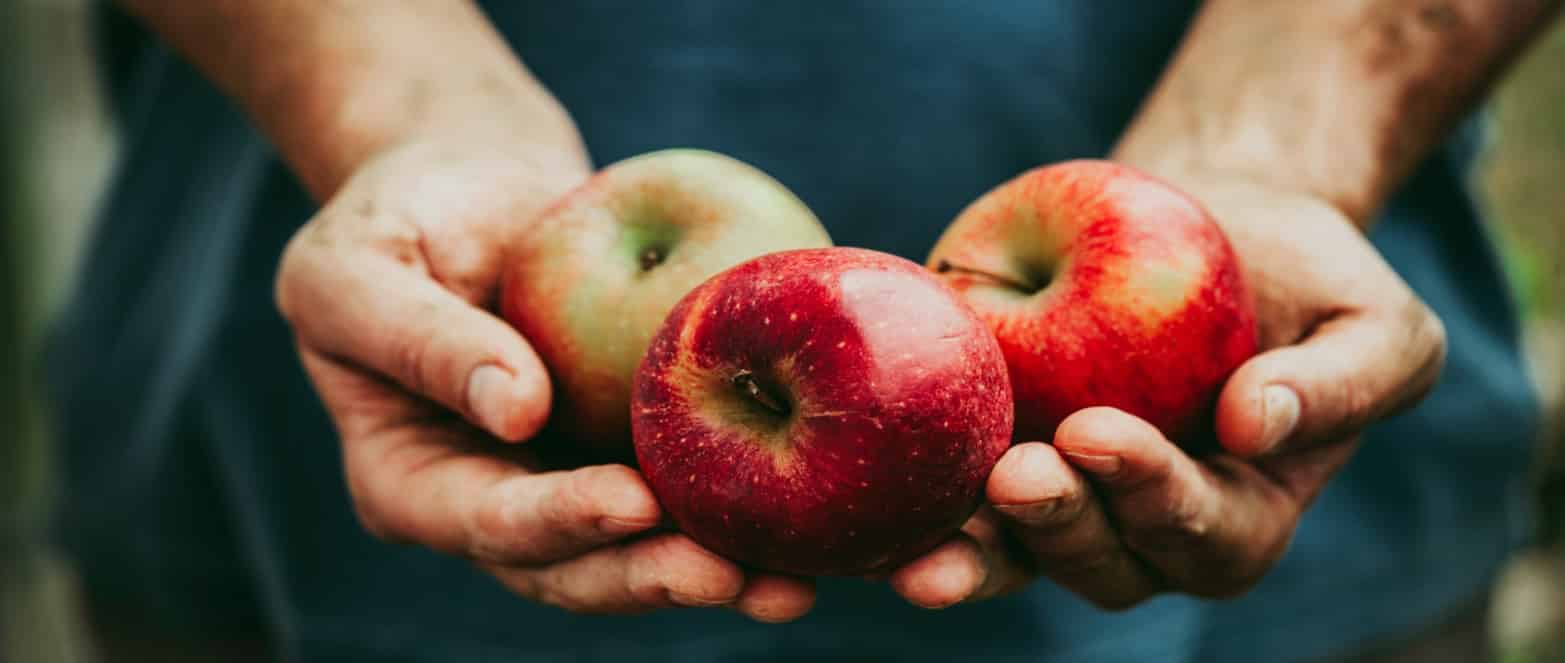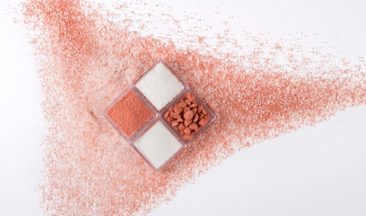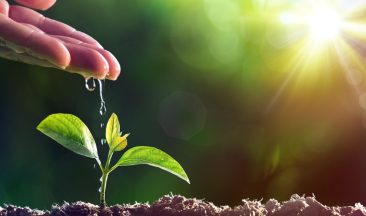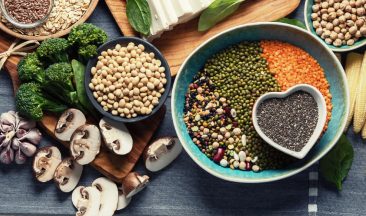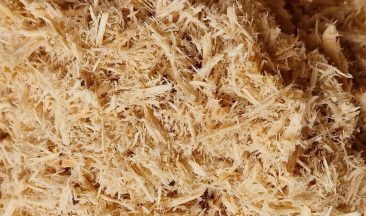The Israeli studies that will bring more flavorful, nutritious and lovely-looking apples to our tables
We’ve all heard that “an apple a day keeps the doctor away”. According to the US Apple Association and other sources, the US per capita consumption of fresh apples amounted to approximately 17.7 pounds in 2017/18. The world’s annual production of apples is around 50-60 million tons. Evidently, people like to eat a lot of apples. However, quantity is only a small part of the story — the most interesting data is in the areas of quality and innovation; and Israel, a well-known apple consumer and developer, is at the head of the game.
Recently, two very interesting experiments were conducted by the experts of ICL Fertilizers at the apple orchards of Spain and India. The goal was to try and produce sweeter, more attractive and more nutritious apples. “The first experiment took place at an apple orchard in the Kashmir region in North India,” says Patricia Imas, PhD, Chief Agronomist at ICL Fertilizers. “ICL’s experts added potassium to the fertilizer used by the farmers, and the results left no doubt: Adding the potassium increased the amount of apples produced in the orchard, and gave them a bigger and more beautiful shape. The potassium extended the apples’ shelf-life and created fruit with more sugar in it, which made it sweeter and tastier.”
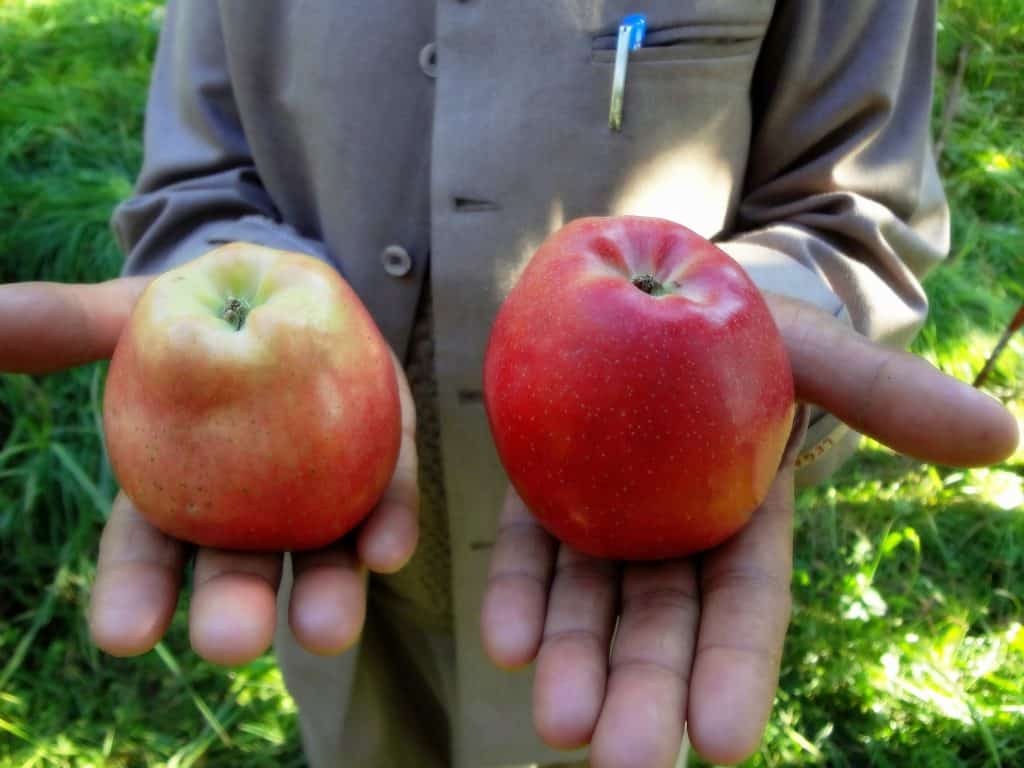
The second experiment took place in an apple orchard in Spain, and used liquid fertilizer containing calcium manufactured by ICL. The results show that the calcium dramatically reduced the appearance of unaesthetic brown spots on the apples’ skin.
Back to the Kashmir orchard: The experimental orchard is part of a general program in which ICL assists farmers in the Indian sub-continent. It implements work methods in which there is wider use of quality fertilizers that are more balanced and contain potassium, while minimizing the use of nitrogen as a fertilizer for crops. Fertilizing with excess nitrogen, even though cheaper, eventually causes financial damage to the farmer, since the plant cannot absorb the entire amount dispensed over the land. The unabsorbed nitrogen is swept off the land and ends up in ground water. In contrast, balanced fertilizing using potassium enables better absorption of nitrogen and enhances its efficiency. For India, which has huge areas of farmland, the consequences can be substantial.
Imas explains that “both potassium and calcium are minerals essential to the development of plants. The importance of potassium is in increasing the amounts of fruit produced and in improving the quality of the fruit (its size, color, shelf-life and nutritional value). While calcium is expressed in the plant in the same way as in the human body — as it causes the strengthening and thickening of human bones, so in plants calcium is part of the cells’ walls and gives plants durability, stability and strength.”
Next time you take a bite from an apple, think of all the wonderful ways in which it was improved to become so sweet and tempting!
You may be interested in:
ICL’s surprising connection to the world of football
Sustainable Beesiness – ICL’s Model for a World on the Back of a Bee
